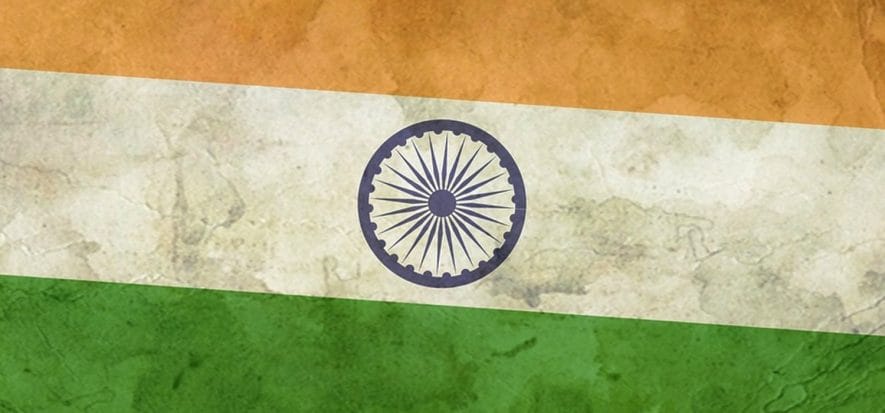“We either take it to the streets or we are dead”. The forced-stop imposed to Indian tanneries in the Jajmau region, in Kanpur, has definitely put local entrepreneurs on their knees and is creating a situation filled with extreme hysteria. The measure was introduced this past December to allow for a “remediation” of the Gange’s water and get it back to “good condition”, cleaning it from the many polluting substances currently present. Even if the stop to operations ended on March 4th, as of today local tanneries are still not allowed to resume operations. Some entrepreneurs manifested their disappointment and frustration to Indian newspaper National Herald India. “Our trust is completely lost”, explains Feroz Alam of Merit Leather Finishers and a member of the executive committee at Small Tanners Associations. “We either take it to the streets or we die”, he continues, showcasing the difficulties tied to the direct income loss and indirect loss from the buying behaviors of customers that now buy abroad. According to some local sources, tanneries will not be able to open re-start their activity before the new elections take place (mid-May) and, in the meanwhile, the Pollution Control Committee of Uttar Pradesh has begun going after those that try to defy the cease-activity order. Throughout the last few days, operators within mentioned committee have issued a 13,000 euro ticket to a tannery accused of having worked for three months during the stop. Now the company will have 15 days to pay the ticket, otherwise the issue will go to the National Green Tribunal and the sum will be recovered via other methods. But the chain’s problems aren’t solely tied to the stop tanneries need to respect. Sharvan Singh of Rawli, footwear manufacturer, explains to Indian Express the difficulties tied to the introduction of GST, Goods and Service Tax: “It almost killed us, but China saved us”, he stated. He continues talking with the newspaper, “there was no tax for footwear sold under 499 Rupies (6.38 euro) and for the ones sold above that price we could compensate the 14% sales tax with raw material taxes at 5% for leather, 6% for soles and 12% for adhesives”. Under GST’s taxation, on the other hand, all footwear up to 1,000 Rupies (12.78 euro) have a 5% tax and an 18% tax on both soles and adhesives”. To face these new costs Singh, as many of his colleagues, decided to do business with China’s marketplace and import leather from Beijing: quality is allegedly inferior, but the price is lower. “This leather – concludes Singh -, helped me survive both the GST and the reduced availability of material, together with the elevated cost of pure leather after the government’s forced cutdown of slaughter rates and forced closure of tanneries”.
Chaos in India: Jajmau tanners threaten “extreme consequences”, as GST “forces” footwear manufacturers to buy from the Chinese










